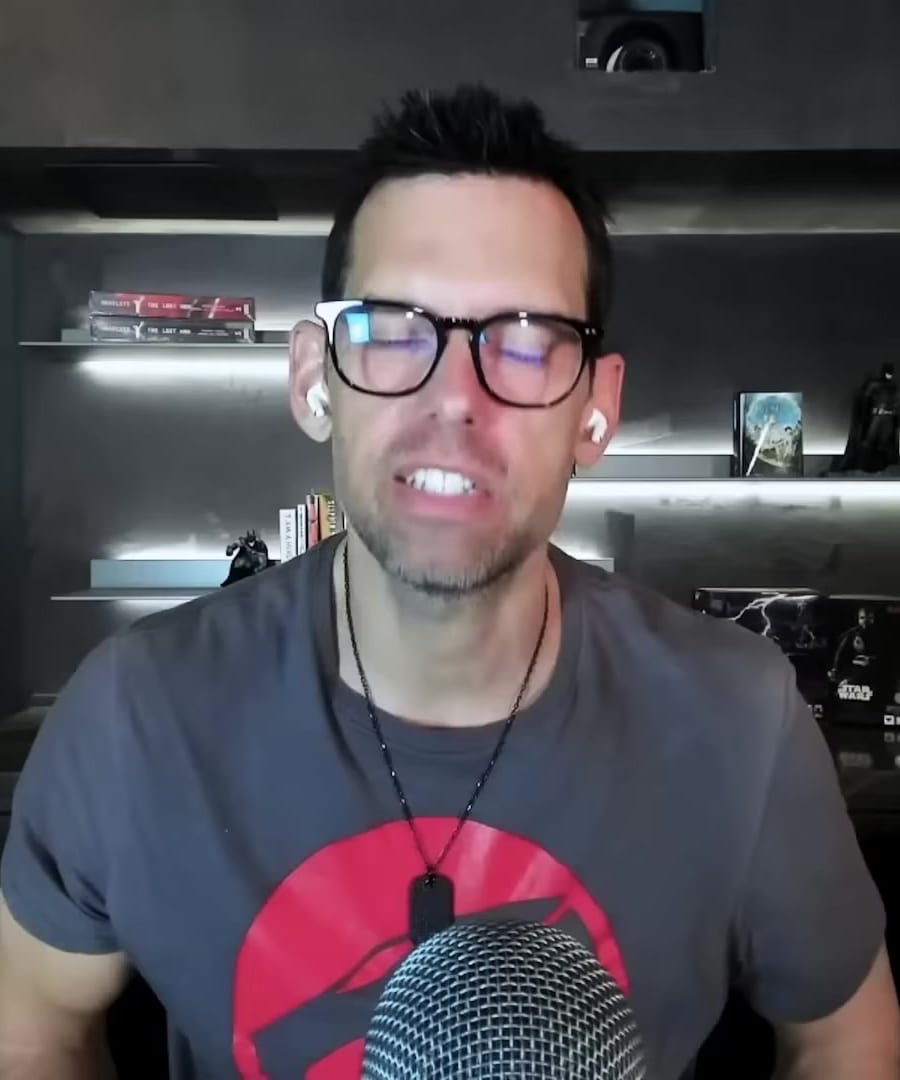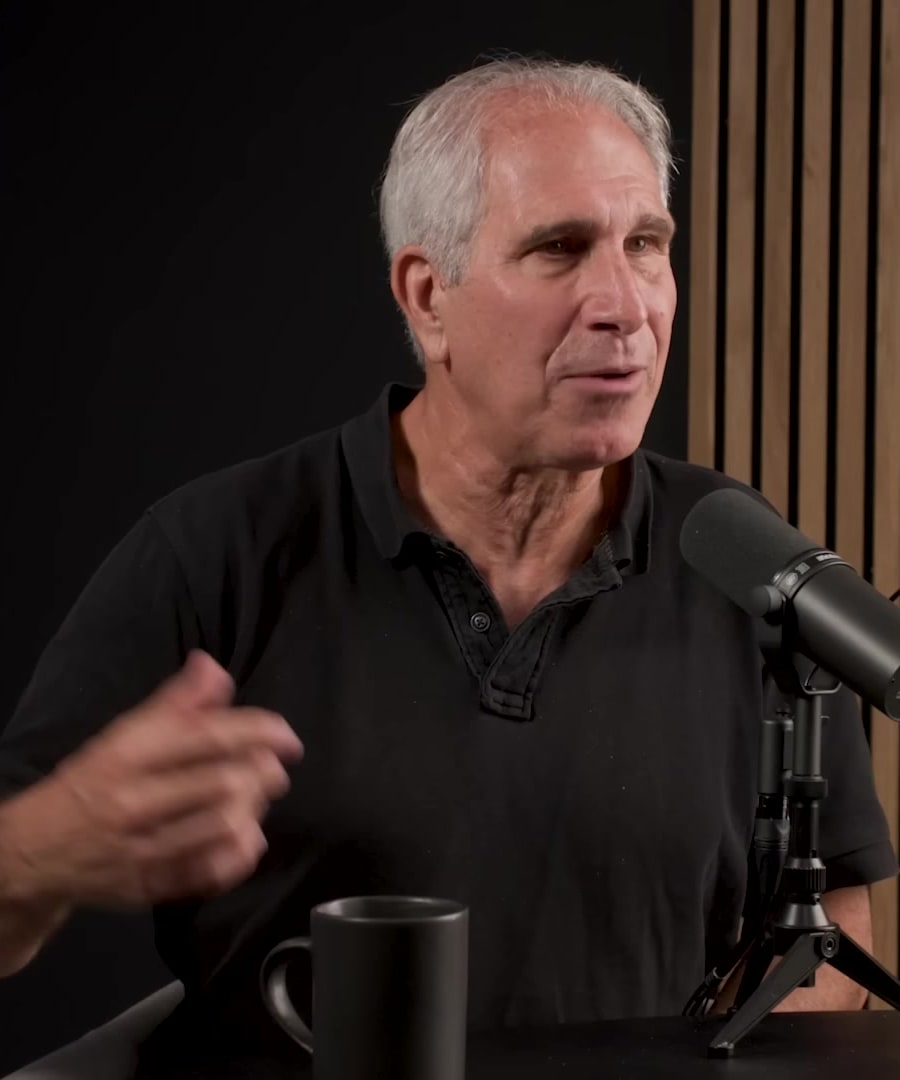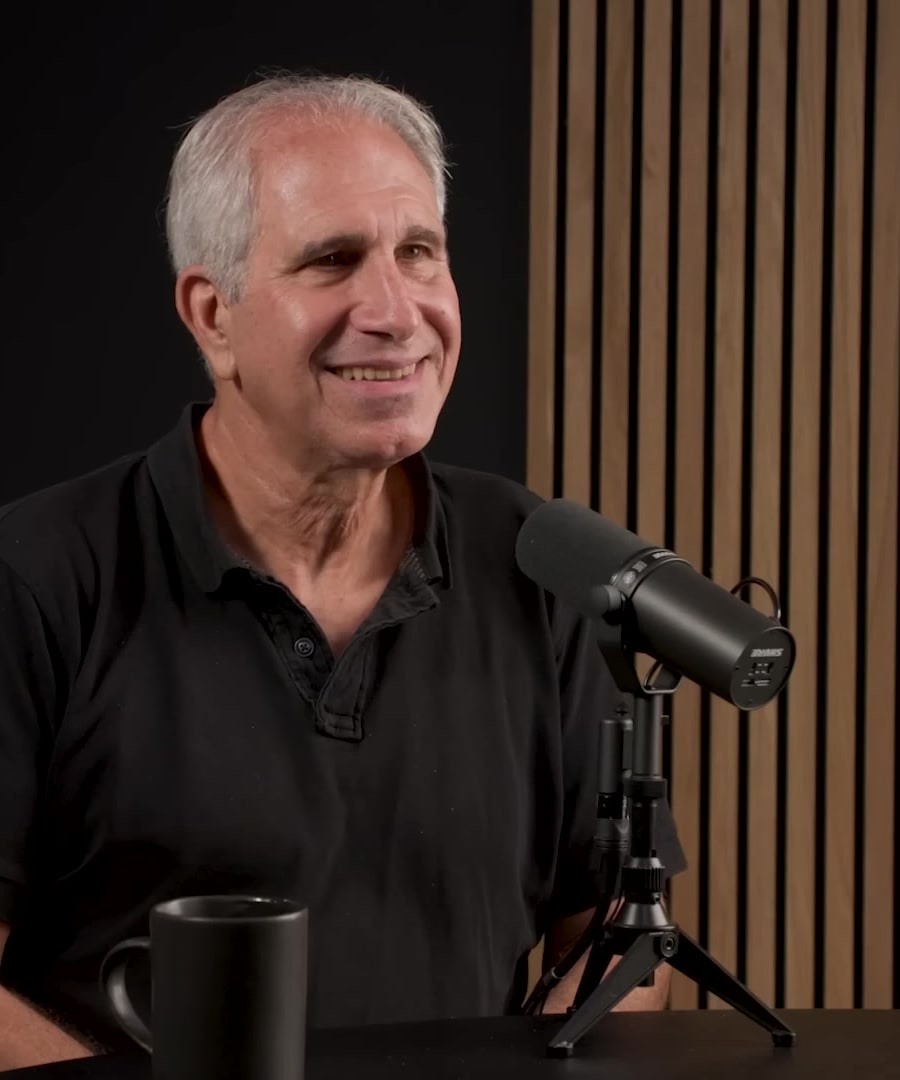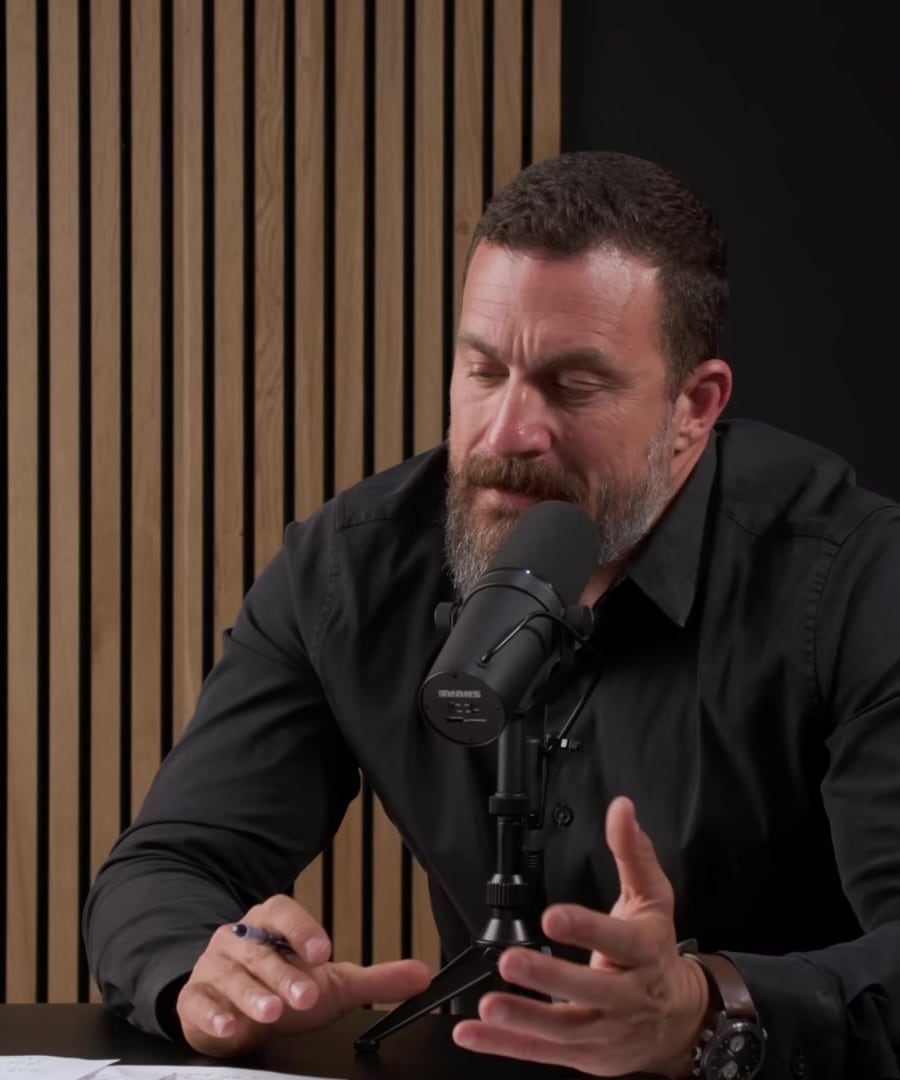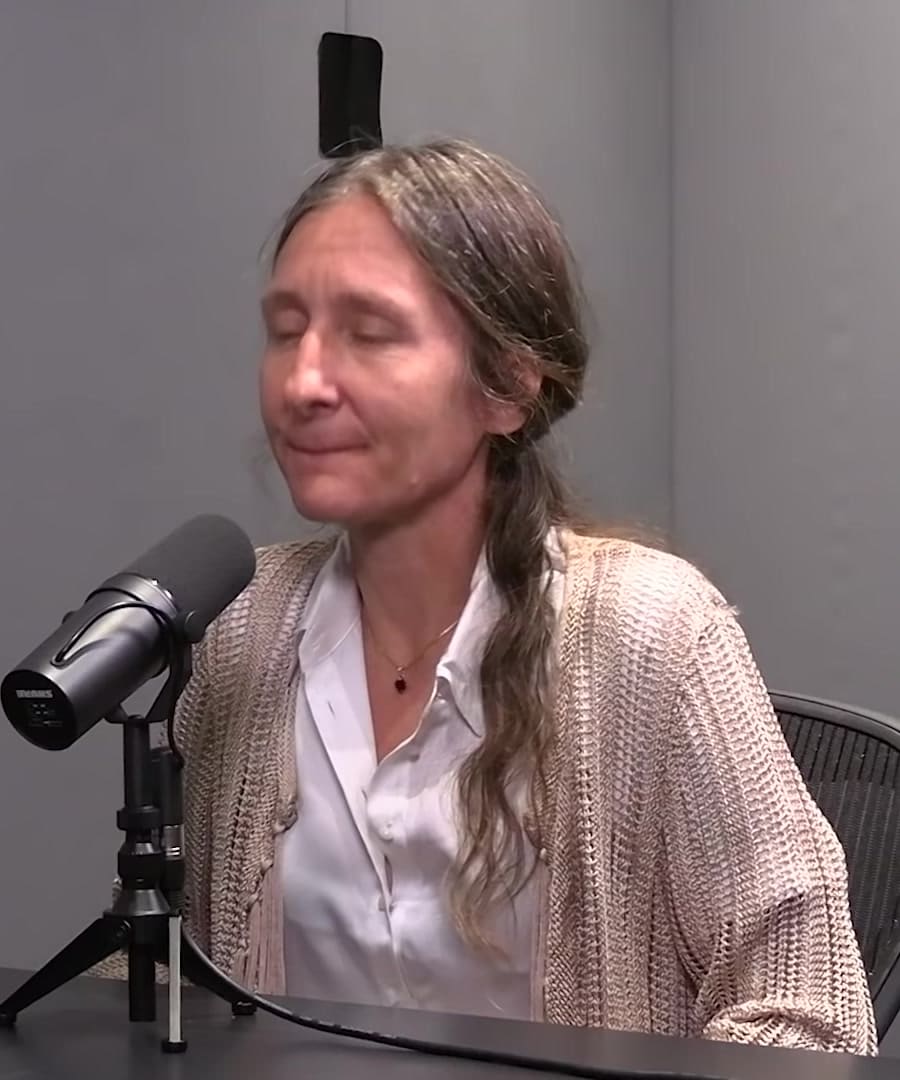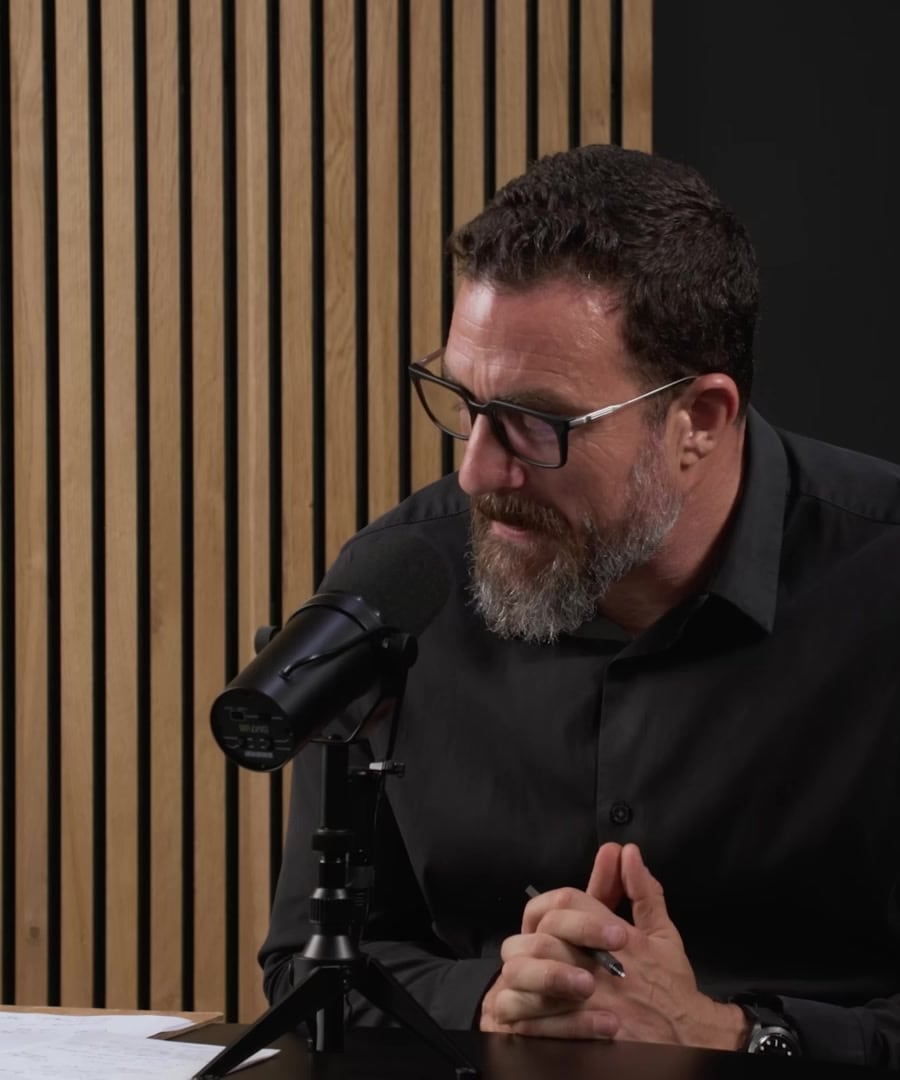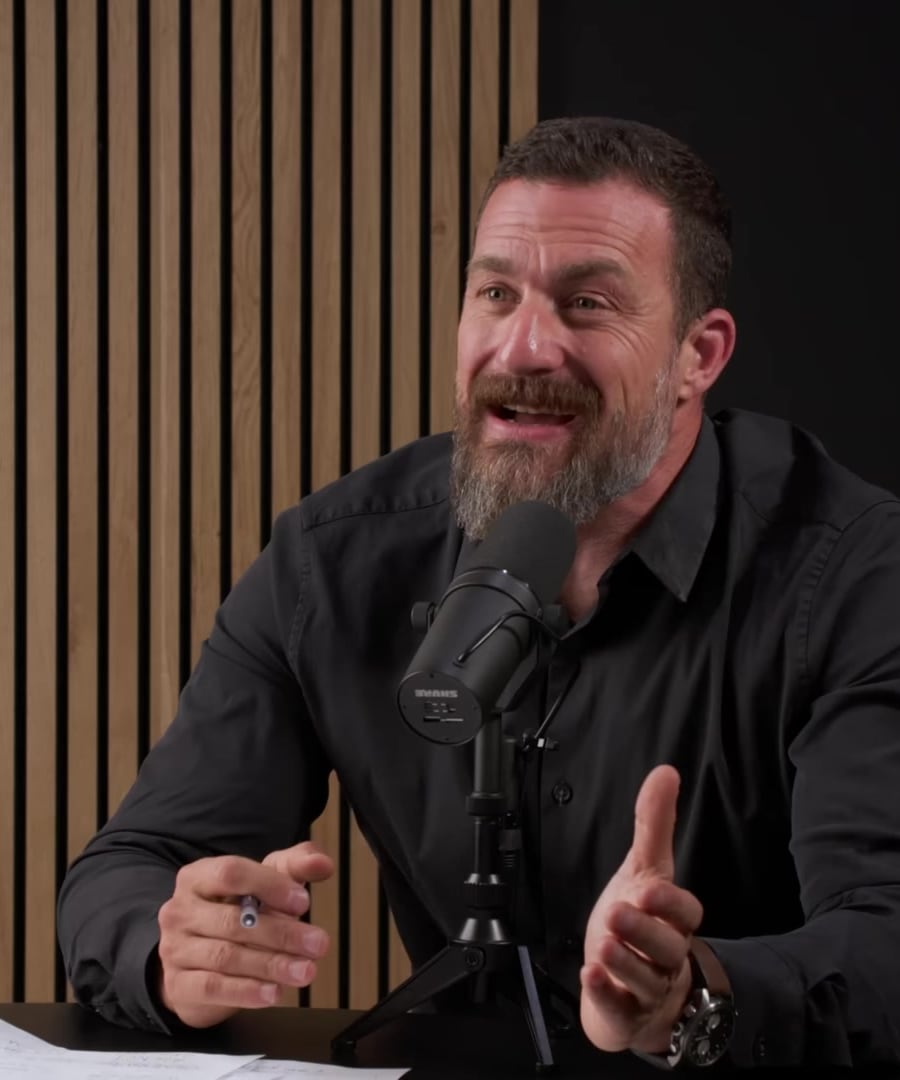How does social media impact isolation?
Sources:
Social media has impacted our sense of isolation in a complex way. According to U.S. Surgeon General Dr. Vivek Murthy, while social media can create the illusion of connection through likes and followers, it has fundamentally changed how we communicate, often leading to more hurtful interactions and a significant decline in self-esteem. Many young people feel worse about themselves, their friendships, and their inability to disconnect from these platforms, which are designed to maximize usage 1.
The difference in communication quality with the lack of non-verbal cues and direct consequences may increase negative online exchanges. Additionally, constant online self-comparison can damage one's self-perception, leading to an increase in feelings of loneliness and isolation. Despite the interactions on social media, many young people report a greater sense of loneliness than ever 2.
Moreover, the neurobiological mechanisms that drive social media usage exploit our reward circuits, capitalizing on our desire for social recognition and potentially leading to addictive behaviors. These platforms have effectively leveraged our innate need for social connection, but can also lead to feelings of isolation when they replace face-to-face interactions or meaningful relationships 3.
To combat this social media-induced isolation, we need to foster genuine human connections and be mindful of the nature and quality of our social media interactions. Balancing our online and offline lives and being aware of the impacts of these platforms can help reduce feelings of isolation.
RELATED QUESTIONSList clips similar to "Social Media's Neurobiological Impact"
Sources:
Here is a list of clips discussing the impact of social media and related topics as referenced in the :
- "Social Media Addiction" with discussing the concern over mental health issues related to social media and electronic landscapes 1.
- "Social Media's Neurobiological Impact" with , touching on how social media exploits reward mechanisms in the brain 2.
- "The Power of Social Media" with emphasizing the attentional impact of social media and its effect on our generative drive 3.
- "Understanding Social Media" with explaining the addictive nature of social media algorithms 4.
- "The Impact of Social Media" with U.S. Surgeon General Dr. Vivek Murthy discussing the illusion of connection and real-life interaction challenges posed by social media 5.
- "Social Media Addiction" with and understanding social media as a drug and how it impacts addiction 6.
- "Social Media Impact" with regarding how different types of social interactions through media differ in their impact on social homeostasis 7.
- "Social Media's Impact" with and on the time and energy consumed by social media 8.
These clips provide a comprehensive look into various facets of social media's impact on our psychological well-being, social dynamics, and neurobiology.
RELATED QUESTIONS
How does social media impact isolation?
- RELATED QUESTIONS
List clips similar to "Social Media's Neurobiological Impact"
- RELATED QUESTIONS

